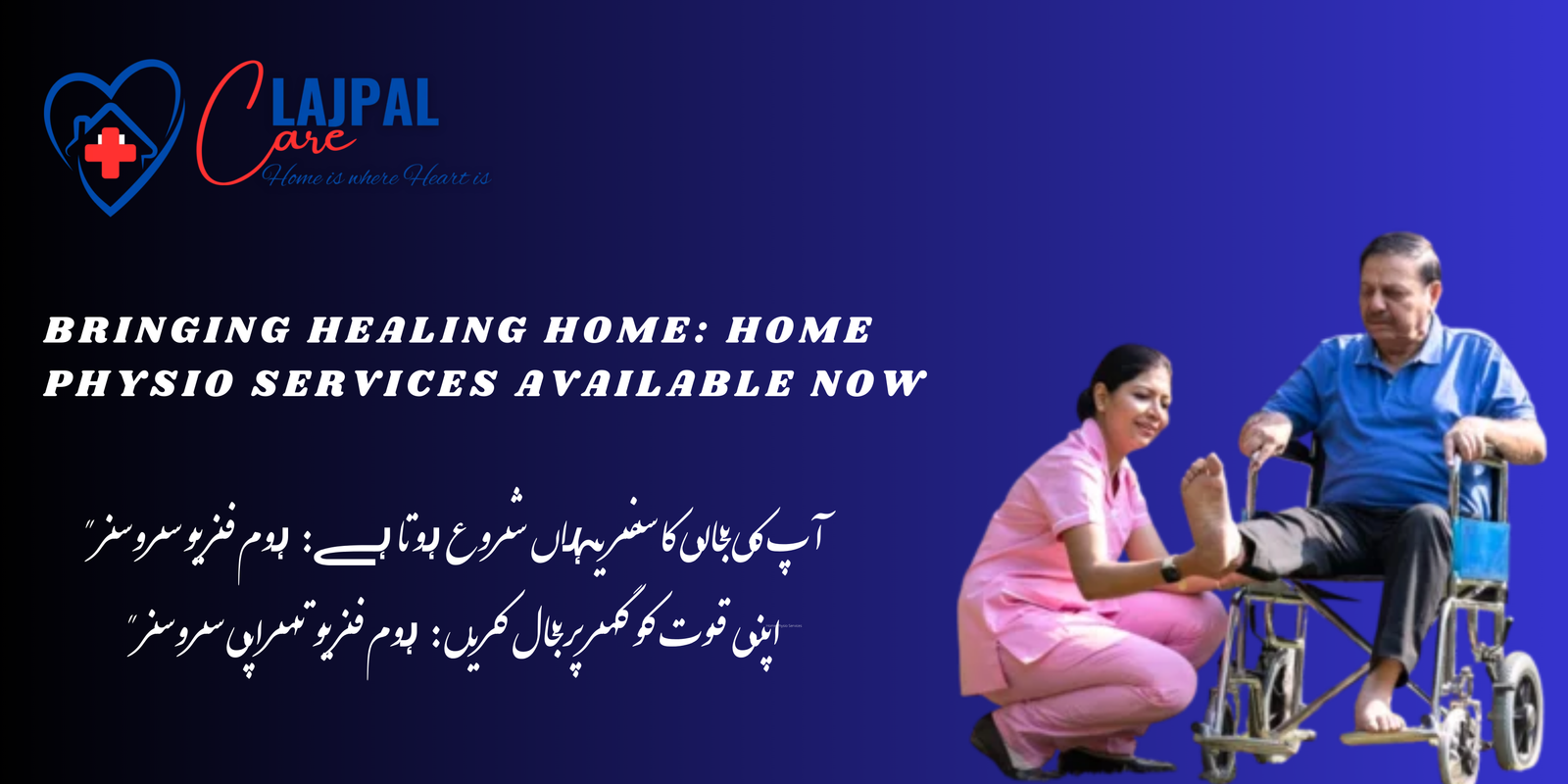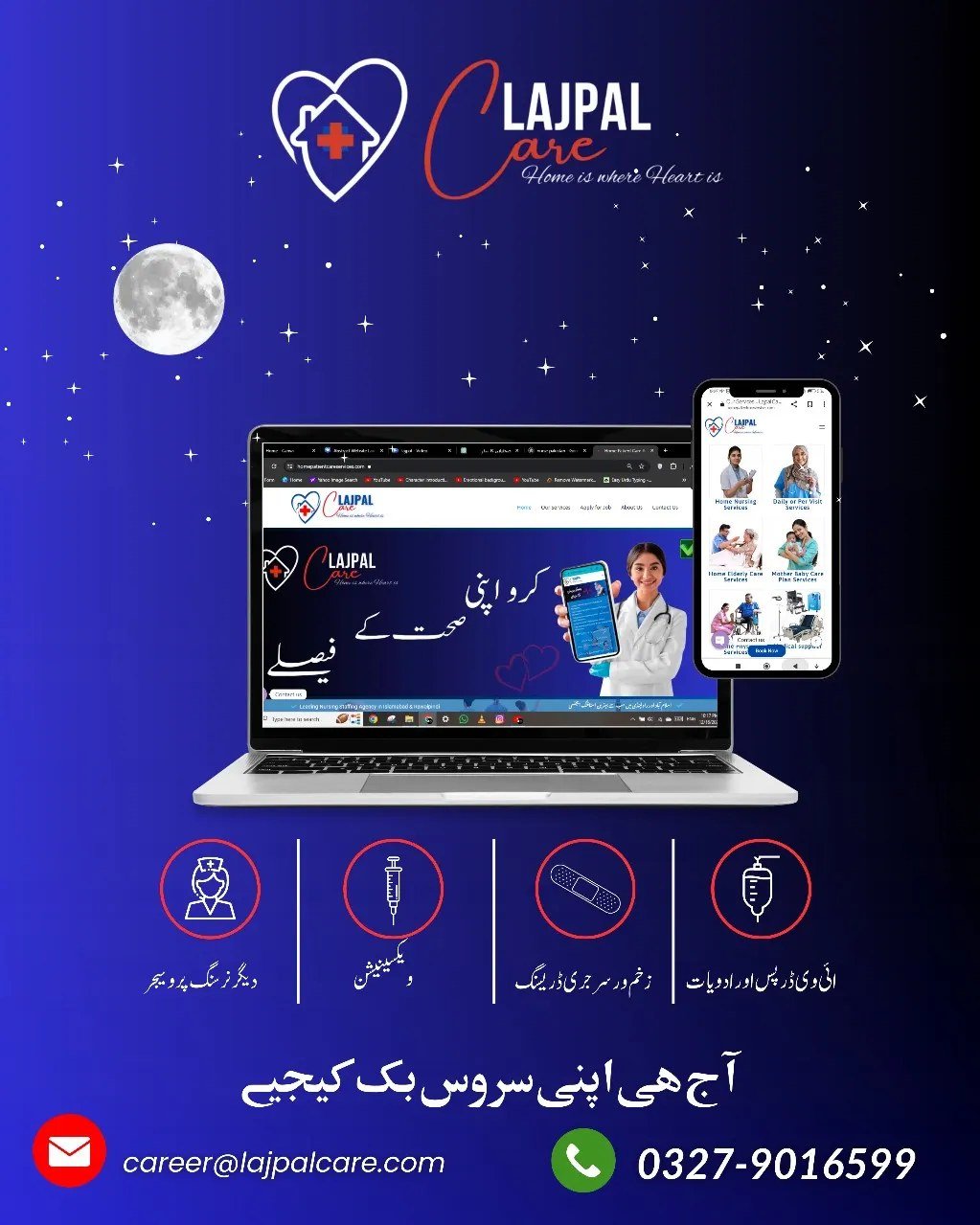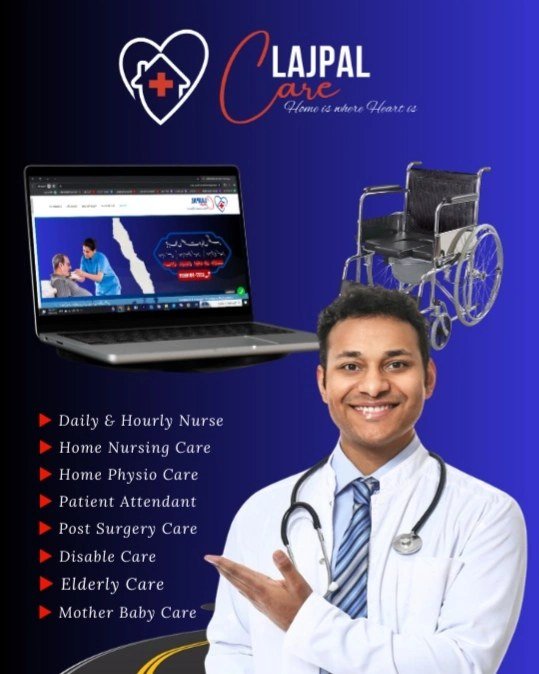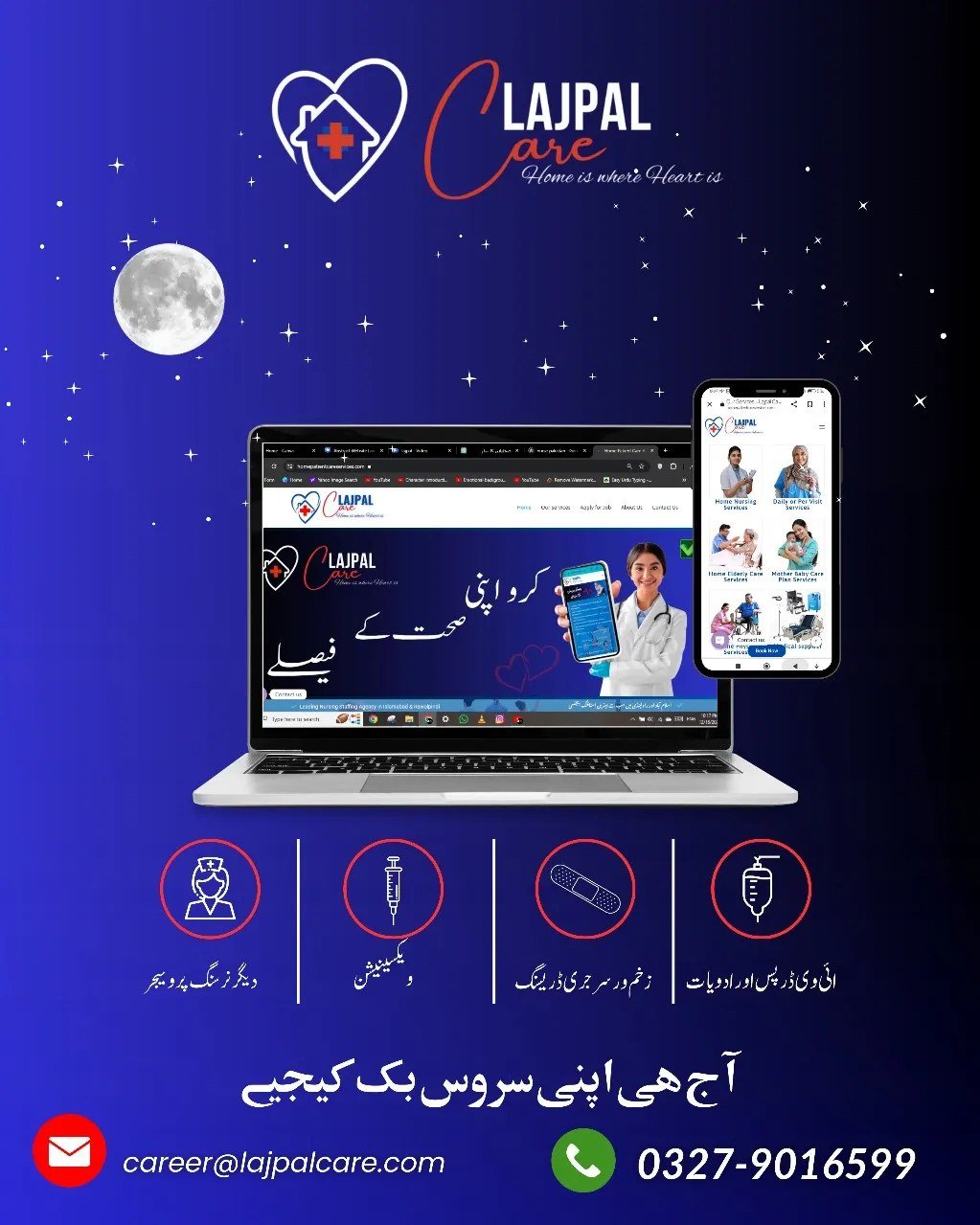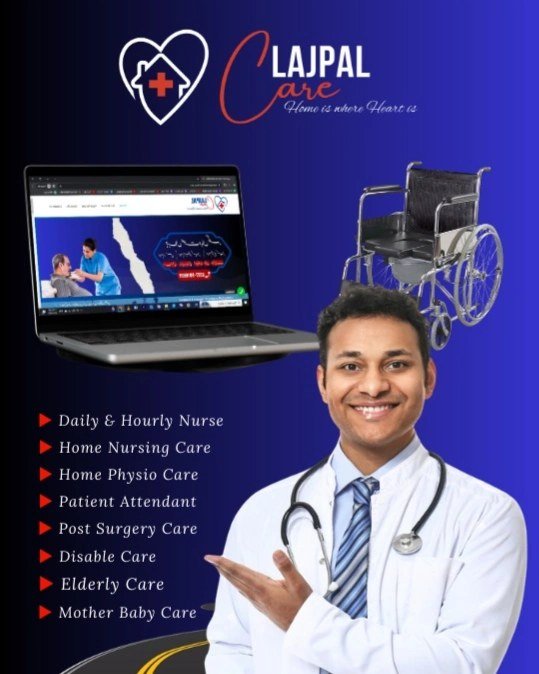Home Nursing Services near me In-home nursing services near you. Lajpal Care is a company that provides a home nurse who can help and assist you with medical problems in the confines of your home, where you feel comfortable and relaxed. Our services are designed for those people who need medical as ...
Home Disability Care Services in Islamabad & Rawalpindi
Home Disability Care Services in Islamabad Rawalpindi Life in cities like Islamabad and Rawalpindi is hectic. It is tough to give your all-time or maximum time to anyone, especially if there is someone who is mentally, physically, or medically disabled. They require proper care. If you do not give ...
Home Elderly Care Services in Islamabad & Rawalpindi
Home Elderly Care Services in Islamabad & Rawalpindi Your elderly one deserves good care and proper attention because when you are in your childhood they take care of everything you need at this age. When you cannot perform any specific task and you need the help of your parents. Your parents a ...
Home Mother and Baby Care Services in Islamabad & Rawalpindi
Introduction to Lajpal Care's Mother and Baby Care Services In the twin cities of Islamabad and Rawalpindi, the demand for home mother and baby care services is increasing in modern families. The period when the woman becomes pregnant till the baby is born. When the baby is born then you have to ca ...
Home Nursing Services in Islamabad and Rawalpindi
Home Nursing Services in Islamabad and Rawalpindi Life is very busy in cities like Islamabad and Rawalpindi, as well as other large cities. People are very concerned about the elderly members of their families when they become ill and are unable to take care of themselves. The whole family worries ...
Medical Technical Services
Medical Technical Services by Lajpal Care In the rapidly evolving field of healthcare, medical technical services play a crucial role in enhancing patient care and treatment outcomes. Lajpal Care is at the forefront of providing advanced medical technical services across Pakistan, offering cutting- ...
Emergency Health Care at Home Services
Emergency Health Care at Home Services in Islamabad by Lajpal Care In urgent situations, immediate access to medical care is essential. Lajpal Care provides comprehensive emergency health care at home across all key sectors of Islamabad, ensuring rapid and reliable response when it's most needed. O ...
Health Care Services At Home Islamabad
Comprehensive Home Health Care Services Across Islamabad by Lajpal Care In Islamabad, each sector has unique characteristics and needs, ranging from less developed areas to luxurious neighborhoods. Lajpal Care is dedicated to providing tailored home health care services that meet the diverse needs ...
Nursing Agency for Elderly Care
Nursing Agency for Elderly Care: Compassionate and Professional Services by Lajpal Care As the population ages, the need for specialized elderly care becomes increasingly important. Lajpal Care, a leading nursing agency, offers comprehensive elderly care services designed to meet the unique needs o ...
Emergency Nurse Care at Home Services
Emergency Nurse Care at Home Services by Lajpal Care When medical emergencies arise, having quick access to professional emergency nurse care at home is crucial. Lajpal Care offers this vital service across Pakistan, ensuring prompt, expert medical assistance in the comfort and privacy of your home ...



